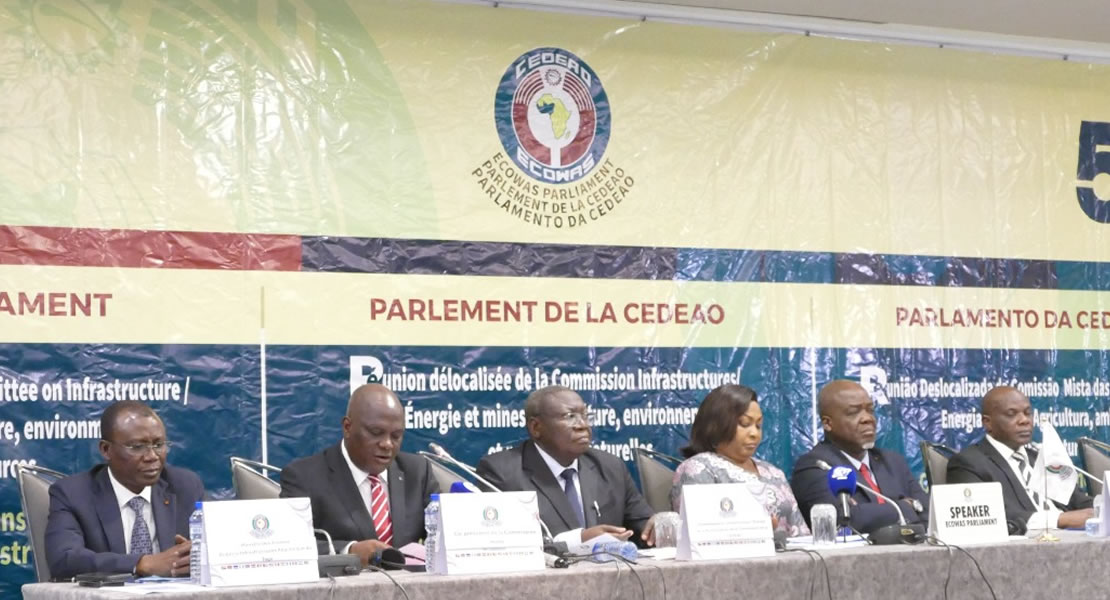
The Economic Community of West African States (ECOWAS) has set plans in motion to address the high cost of air transport within the sub-region.
According to the Co-Chair of the Delocalised Joint Committee on Infrastructure, Energy and Mines, Agriculture, Environment and Natural Resources, Mr. Sekou Momadu, the prohibitive cost of airfare remains a real obstacle to the successful integration of West African peoples.
Momadu, who spoke at the opening of the joint meeting of the Sixth Legislature in Lome, Togo on Tuesday, stressed that high airfares within the region have continued to undermine the significant progress made by the regional body.
The theme of the meeting is “Air Transport as a Means of Integrating West African Peoples: A Strategy for Reducing Airfare Costs.”
He noted that despite the significant progress and achievements of ECOWAS, numerous obstacles still remain, with high airfare being one of the most prominent.
“Indeed, the prohibitive cost of airfare is a real obstacle to the benefits of successful integration for West African peoples who want to see their travel facilitated to strengthen ties among ECOWAS citizens, enable local entrepreneurs to expand their markets, allow investors to explore new opportunities, and promote regional tourism,” he said.
Momadu recalled that the Authority of Heads of State and Government, at its 65th Summit held in Abuja in July 2024, identified the cost of air travel within the ECOWAS region as one of the highest on the African continent. He observed that airfares in West Africa remain excessively high compared to other regions of the world, and in some cases, it is cheaper to travel outside the African continent than between two ECOWAS member states.
“This situation is counterproductive to the vision of a borderless and interconnected region,” he added.
He explained that the purpose of the meeting was to proffer solutions that would help reduce the cost of airfare within the region.
“Indeed, our Supplementary Act requires us to engage with our constituents and share with them the challenges they face in order to make recommendations to the relevant authorities or institutions for applicable solutions.
“That is why we are gathered here, with the objective of examining together—through expert presentations, panel discussions, and direct exchanges with key stakeholders—strategies and policies likely to contribute to reducing the cost of airfare in our sub-region. This includes exploring best practices in regulatory reforms, infrastructure development, tax policies, and airline operations,” he stated.
Kwaku Sakyi-Danso/Ghanamps.com